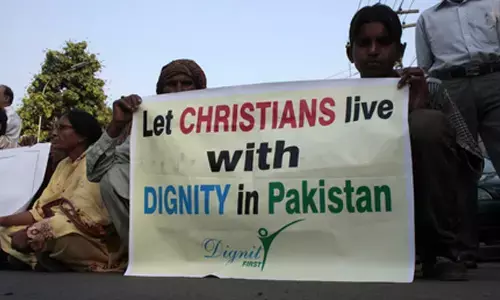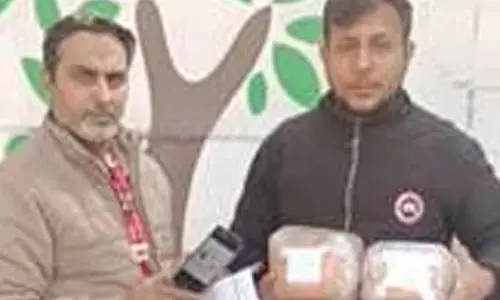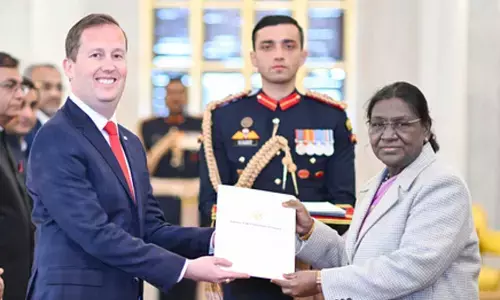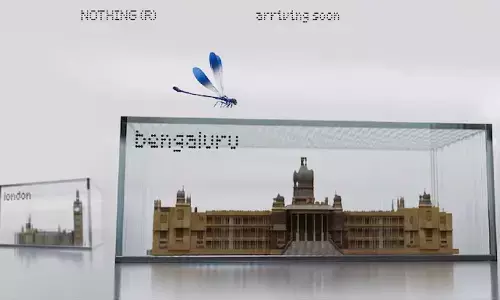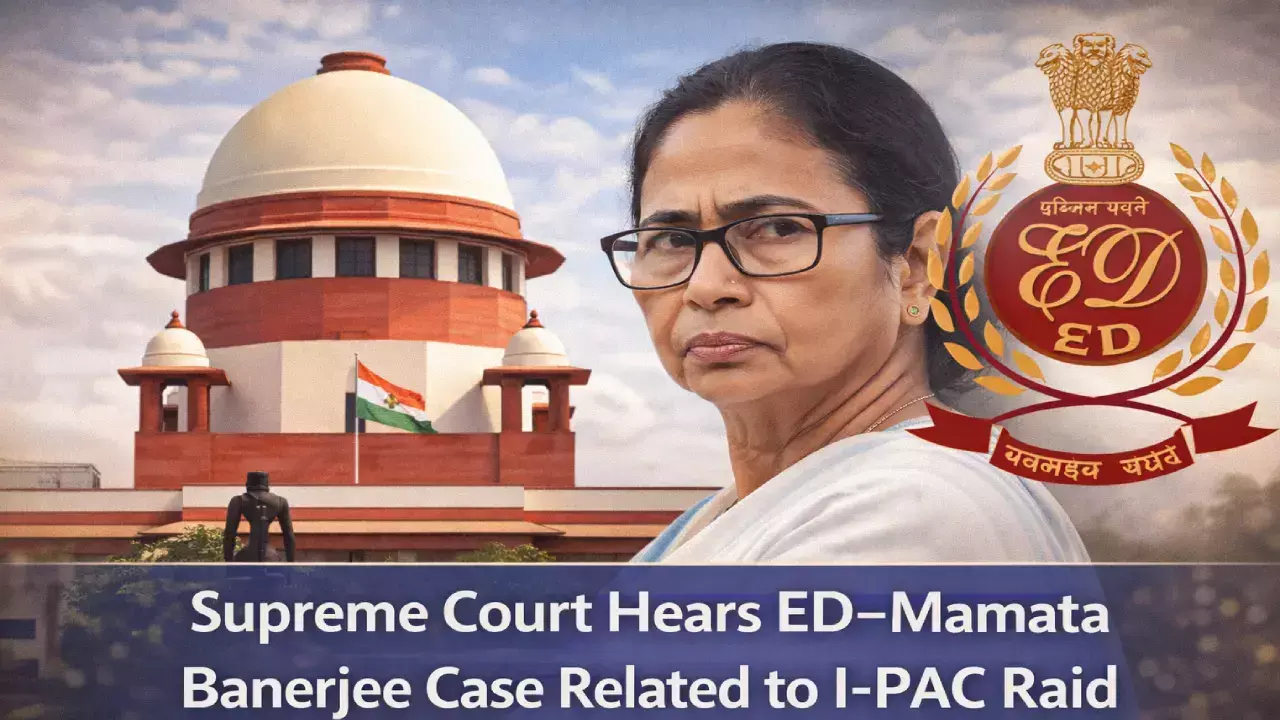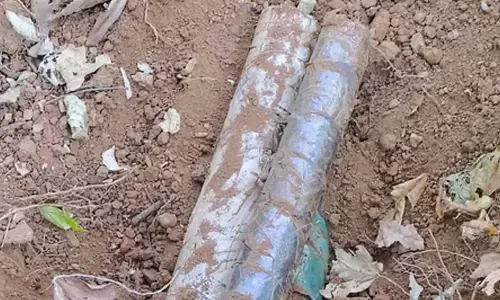Time to rethink AFSPA

TWO boys have been killed in Kashmir. The incident itself is bizarre. A white-coloured car is mistaken for a similar one which used to scurry the terrorists back and forth.
TWO boys have been killed in Kashmir. The incident itself is bizarre. A white-coloured car is mistaken for a similar one which used to scurry the terrorists back and forth. As many as 115 bullets are fired on the car at one go. The only surviving passenger, a boy, tells how the incessant fury did not stop even after the car hit a tree to come to a halt.
.jpg)
The Army has accepted the mistake. The agility with which it has done so indicates that the gun crazy among them was spotted immediately. A full inquiry, already ordered, may serve the truth. Yet, it would not go beyond telling who killed who. The bigger picture may still not come out. The truth is that New Delhi does not want to face the facts.
Two things emerge from the incident. One is the continuous use of the armed forces for internal security and, two, the cursory manner in which the cases are handled. The alienation of the valley is loud and clear. But this is nothing new. Nor is the laxity of the administration. However, what is new is that the hard or soft administration has made little difference. The malady is deeper.
One development is that the people are confused over the status of the Army in their midst. They hate it as if it is a sort of an occupational army. Its support to the bumbling administration has been a point of contempt. Yet, the manner in which the Army helped the people during the unprecedented floods has won their hearts.
The Army not only rescued them and saved their belongings but also gave medical aid to thousands of those affected by the floods. It even fed them for weeks and reached the cut-off areas to help hundreds of people from their sequestered places. Their picture of being tyrant has, no doubt, receded a bit. But their presence is a point of criticism. Chief Minister Omar Farooq Abdullah is, indeed, trying to strengthen the state police to cope with the internal law and order problem. Yet, whenever the Army is used to curb the unruly situation, New Delhi gets a bad name and much is made about it. Both Srinagar and New Delhi have depended for too long on the Army to suppress a situation of a larger proportion. They will have to ensure that the Army is used for protection of the border, not for untoward incidents within the state. This is a negation of democracy which we should be ashamed of. The Constitution which rules the country provides equality to all citizens without recognizing identity, caste or creed.
The still uglier situation is that scores of young people are not traceable. The terrorists can be blamed for picking up some for the purpose of brainwashing or exacting ransom. But the number is said to be limited. The people’s perception is that there is New Delhi’s hand behind the disappearance of these young people. This impression gets deepened when the cases relating to disappearance are not convincingly explained when the overall supervision is the responsibility of the central government.
All these require transparency, particularly when there are cases which never came to light or were half-heartedly pursued in law courts. Had there been an institution of Lok Pal, which is non-existent because of political manoeuvres, the matter would have found some verdict. We now have to depend on the sensitivity of political parties for action. In fact, they are the ones who have their representatives in parliament, the ultimate authority. Alas, that is very much missing. Engaged as they are in political manoeuverings, the parties have forgotten the immediate requirement of the country. The lower half needs to be brought into the mainstream so that it would feel that the country as much belongs to them as to the upper half. The betterment without distinction was promised during the independence struggle.
I recall it was said from rooftops that independence will bring food, shelter and employment to all the people in the country. Mahatma Gandhi had said that the rich would only be the custodians of the wealth meant for all. Pandit Jawaharlal Nehru, another icon of the freedom struggle, talked of socialism. Nehru, who ruled the country for 17 years, promised that the public sector undertakings would attain the commanding heights so that the small-scale industries in the country get a fillip. But all these have remained only on paper with the bungling bureaucrats and greedy politicians making a mess of the whole concept.
The subsequent governments, whether belonging to the Congress-led front or the BJP, promised a lot but delivered very little. The plight of the common man did not improve. And the same result emerged: the rich getting richer and the poor getting poorer.
Prime Minister Narender Modi also assured a lot during his election campaign. With 282 seats in the Lok Sabha, an absolute majority, he should be able to take some steps to transform the country. His spell is receding but people are still hoping against hope that he would do something. Changes requiring legislation may be a bit late to come. But the administrative measures can be taken straightaway so that there is some difference in governance. Understandably, peace in Kashmir will take time. But at least the Modi administration can convey that there is a change in the offing. The Armed Forces (Special Powers) Act requires reconsideration. The powers given to the armed forces to kill on suspicion are too sweeping for a democratic country. The killing of two boys should at least goad the government to have another look at the act.








